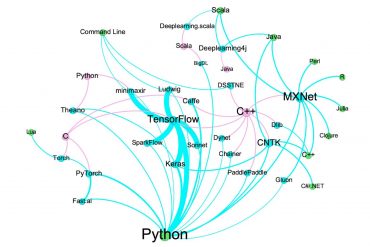
Smart cities will be composed of numerous smart elements that must work together. Additionally, different cities themselves must interoperate.
Propelling the development and execution of smart cities needs a common model to facilitate the logistics. Smart cities need to work together, requiring new planning for the delivery of services across borders and regions. In response, the European Union, Deloitte, and KU Leuven University recently published the Proposal for a European Interoperability Framework for Smart Cities and Communities (EIF4SCC).
The aim of the EIF4SCC is to “provide European Union local administration leaders with definitions, principles, recommendations, including practical use cases, and a common model that enables public service delivery across domains, cities, regions, and borders.”
Smart cities working together
Europe has had an interoperability framework since 2010, but this recent publication focuses on regional specifics designed to help developing plans for the infrastructure necessary to ensure goods and services continue to flow from one to the other. It’s adapted to local context and offers guidelines, definitions, and principles for local leaders. In addition, practical use cases drawn from several European cities showcase how such systems evolve with citizens in mind.
See also: Smart Cities Look to the Edge for Next Level Urban Planning
Developing a framework
The team built on previous initiatives such as the 2017 Interoperability Framework and the Living in the EU Movement. The published version includes five facets of interoperability:
- Technical operability: The pursue of open standards to ensure that cities can link and communicate using available smart systems.
- Semantic operability: Any data exchanges remain clear and unchanged between municipalities
- Organizational operability: Documentation is vital to ensuring a transparent process, and aligning processes helps with information exchange.
- Legal interoperability: Because many cities work outside their own borders, this particular goal ensures they’re able to work together despite legal differences.
- Cultural interoperability: A small world makes cultural sensitivity and understanding inherently significant to working with other entities and regions.
An implied sixth area – interoperability governance – ensures that clear and precise measures ensure that local authorities can take the necessary steps to adapt structures to suit the nuance of their particular area.



























